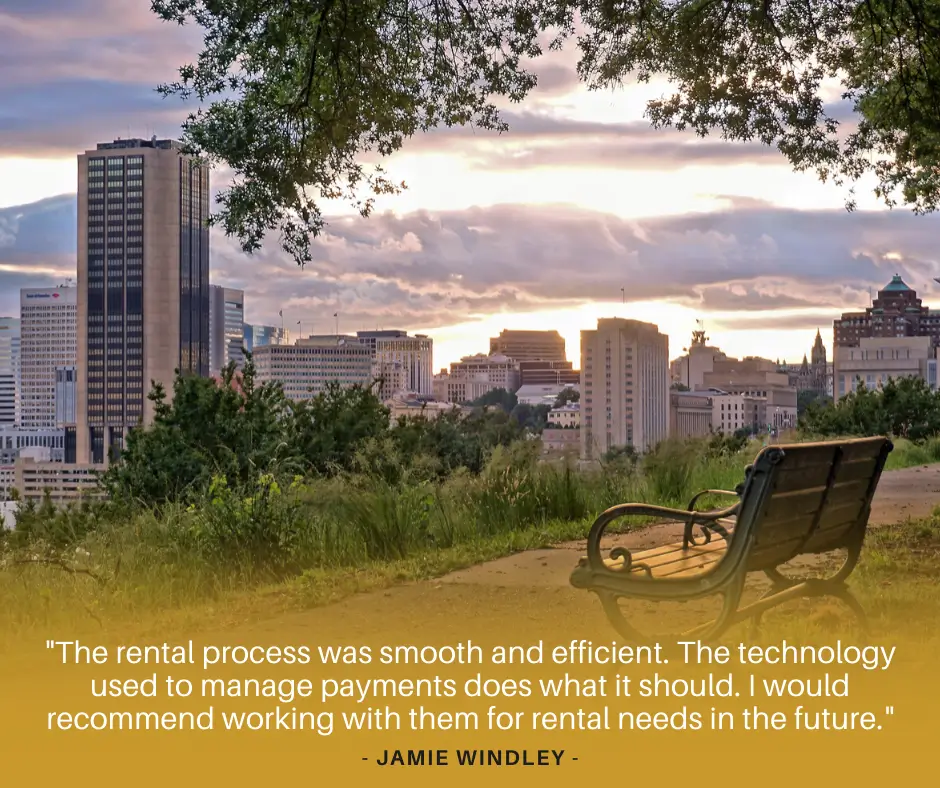Septic Tank
How to Identify Septic System Issues and Prevent Damage Inside and Outside the Home
A tenant can identify a potential septic issue by watching for signs like sewage smells inside or outside, slow-draining fixtures, plumbing backups, and damp or soggy areas around the property, especially near the septic tank or drainfield.
Inside the Home:
- Sewage Smell: A strong, unpleasant odor, especially around drains, toilets, or sinks, can indicate a septic problem.
- Slow Draining: If sinks, bathtubs, or showers drain unusually slowly, it could be a sign of a partially blocked septic system.
- Plumbing Backups: Sewage or wastewater backing up from toilets, sinks, or showers is a major red flag.
- Gurgling Sounds: If you hear gurgling noises in the plumbing pipes, it could indicate a problem with the septic system.
Outside the Property:
- Damp or Soggy Areas: Look for areas of standing water or unusually damp ground, especially near where the septic tank and drainfield are located.
- Green or Lush Patches of Grass: If certain areas of the lawn are significantly greener or lusher than others, it could indicate wastewater seeping to the surface from a failing septic system.
- Sewage Smell Outside: A foul odor coming from the yard, especially near the septic tank or drainfield area, is another sign of a problem.
- Rodent or Cockroach Problem: If there is an increase in rodents or cockroaches, it could be a sign of a damaged septic system.
As a tenant experiencing a septic issue, the first step is to notify your landlord promptly and document the problem. If the landlord fails to address the issue, you may need to explore options like "repair and deduct" from rent or seek legal counsel.
Here's a more detailed breakdown:
Immediate Action:
- Notify Your Landlord:
- Inform your landlord about the septic issue as soon as possible, preferably in writing (email or certified letter).
- Clearly describe the problem and any symptoms you are experiencing (e.g., slow drains, backed-up toilets, foul odors).
- Keep copies of all communication with your landlord regarding the septic issue.
Landlord's Responsibility
- Landlords are generally responsible for maintaining the property, including the septic system, to ensure it is habitable.
- If the septic issue is due to normal wear and tear or a pre-existing problem, the landlord is likely responsible for repairs.
- However, if the problem is caused by tenant misuse (e.g., flushing inappropriate items), the tenant may be responsible for the repairs.
Preventing Septic Issues:
- Avoid Flushing: Refrain from flushing anything other than human waste and toilet paper.
- Limit Grease and Oils: Avoid pouring grease, oils, or other fats down the sink or toilet drains.
- Use Septic-Safe Products: Opt for septic-safe cleaning products and detergents.
- Space Out Laundry: Avoid doing too many loads of laundry in a short period, which can overwhelm the septic system.
To avoid septic issues as a tenant, only flush human waste and toilet paper, avoid excessive water use (especially simultaneous use of multiple appliances), and report any drain problems promptly to your landlord
What to Flush (and What Not To):
- Only flush human waste and toilet paper. Avoid flushing anything else, including wipes, paper towels, feminine hygiene products, or anything that isn't quickly biodegradable.
Water Conservation:
- Spread out laundry use throughout the week: instead of doing it all at once.
- Avoid taking excessively long showers: and be mindful of water usage in general.
- Consider using a garbage disposal sparingly: and composting food scraps instead.
Drain Usage:
- Report any drain issues, slow drains, or gurgling sounds promptly to your landlord .
Other Considerations:
- Avoid using harsh chemicals or drain cleaners: unless specifically instructed to do so by your landlord.
- Do not pour grease, oil, or other waste down the sink .
- Be aware of the location of the septic tank and drain field .
- Discuss any concerns about septic system maintenance or potential problems with your landlord .
